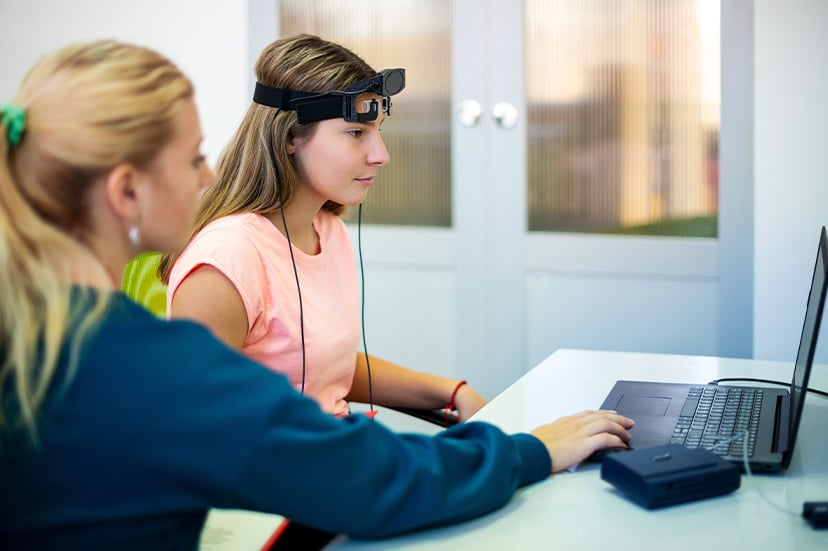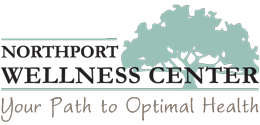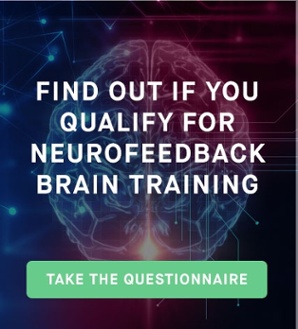
Neurofeedback, often categorized as the “brain equivalent” of physical exercise, is therapeutic training designed to strengthen neural pathways through the practice of specifically tailored activities which teach the brain to function in a more balanced, healthful way. Classified as a highly safe, non-invasive alternative to medication, this treatment has steadily grown in popularity within the medical community in recent years.
Let's take a look at the process itself, the symptoms it has been shown to alleviate, and possible side effects that may occur.
Why Neurofeedback?
Brain wave patterns are typically classified in one of four categories: beta, most active when you are awake and engaged in thought; alpha, generally present during periods of relaxation, often when the eyes are closed; theta, produced when you begin to fall asleep; and delta, present when you are sleeping.
These “normal” patterns are occasionally disrupted, resulting in inappropriate levels. This neurological dysregulation can manifest in both children and adults via a number of common issues and disorders, among these: attention deficit disorder/attention deficit hyperactivity disorder (ADD/ADHD), autism spectrum disorders, obsessive-compulsive disorder (OCD), post-traumatic stress disorder (PTSD), bipolar depression, dyslexia, vocal or physical tics, insomnia, or excessive fatigue.
How It Works
Neurofeedback is a learning modality capable of shifting the distribution of electrical energy. By monitoring a patient’s active brain waves through observation and feedback, the brain’s ability to self-regulate has been shown to improve, subsequently helping it to maintain flexibility and smoothly shift between states of relaxation and arousal.
Following an initial assessment of the condition using QEEG (quantitative electroencephalography), which determines any variations of brain wave patterns, a patient will generally undergo several training sessions, during which the brain will ideally learn to modify itself and adjust to produce appropriate energy levels.
What to Expect
While each patient is unique in his or her respective conditions, neurofeedback typically results in a relatively seamless transition, as areas of concern are highlighted through brain mapping and treated accordingly. Activity is carefully monitored through the sessions, and can be adjusted along the way, should any unexpected variations arise.
Patients may experience fatigue—or “mental tiring”—following treatment. Those with existing brain trauma may also be prone to nausea, dizziness or light sensitivity. In cases of PTSD, vivid dreams may accompany the progression of recovery, as difficult emotions are often drawn to the surface before dissipating.
Growing Popularity
Though neurofeedback was developed in the 1960s and 70s by American researchers, it has risen in popularity throughout the last decade, as more than 100,000 have tested its benefits. About 7,500 mental health professionals in the nation now offer this treatment, though it has only been approved by the FDA for “relaxation” purposes, to date.
Neurofeedback’s prime goal is to help patients avoid drugs by offering a natural alternative to more traditional medications. While questions remain as to its ultimate effectiveness in obtaining long-lasting results, research characterizes the procedure as a completely safe and non-invasive option to alleviate immediate symptoms.
For more information on neurofeedback, contact the Northport Wellness Center today.












